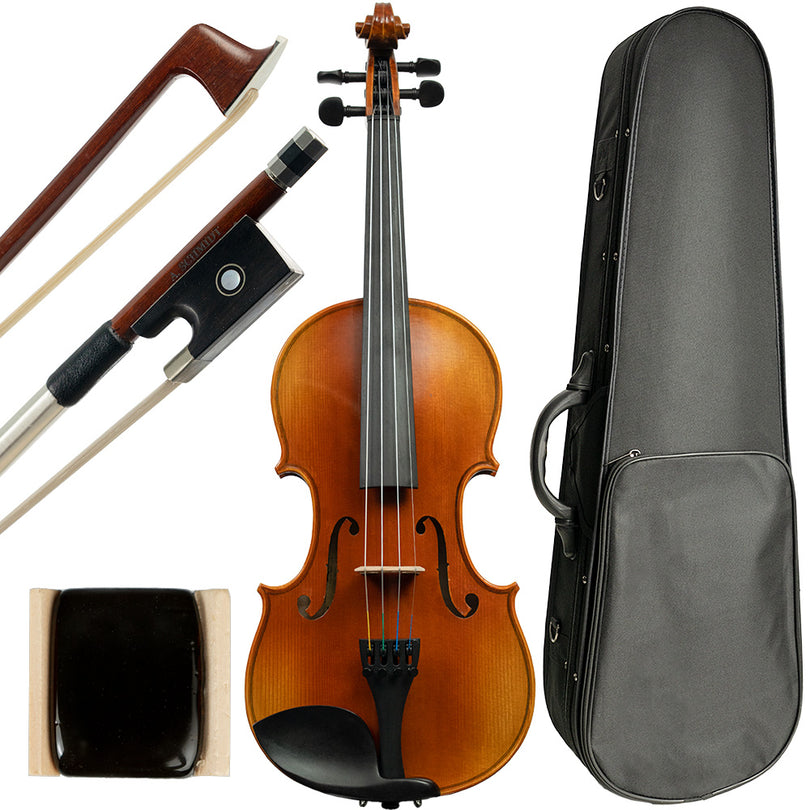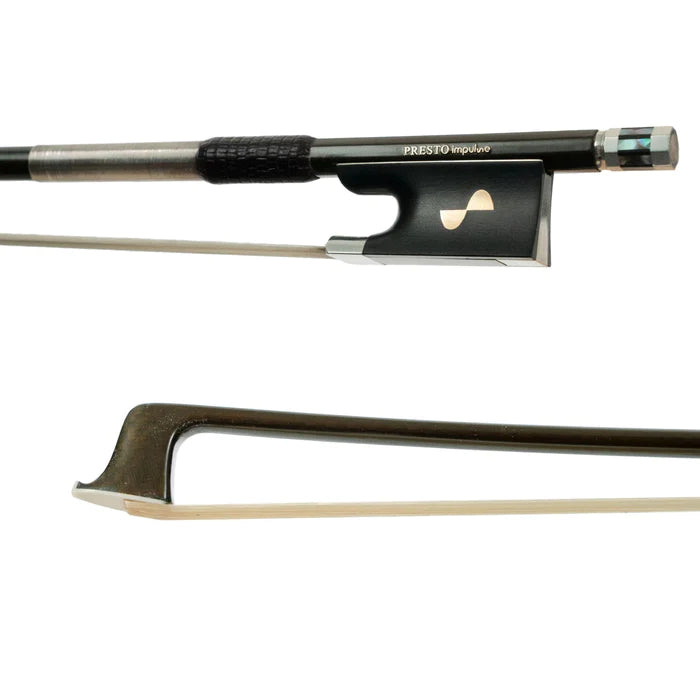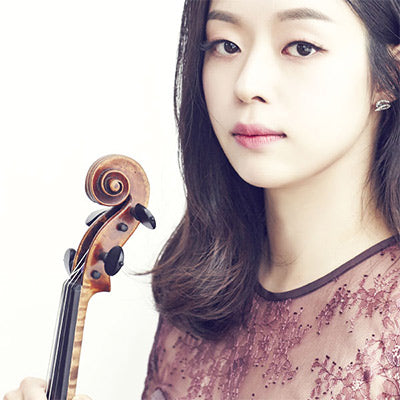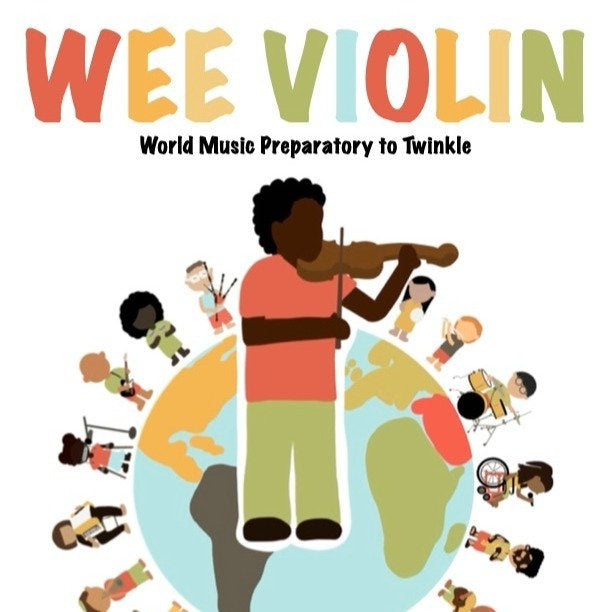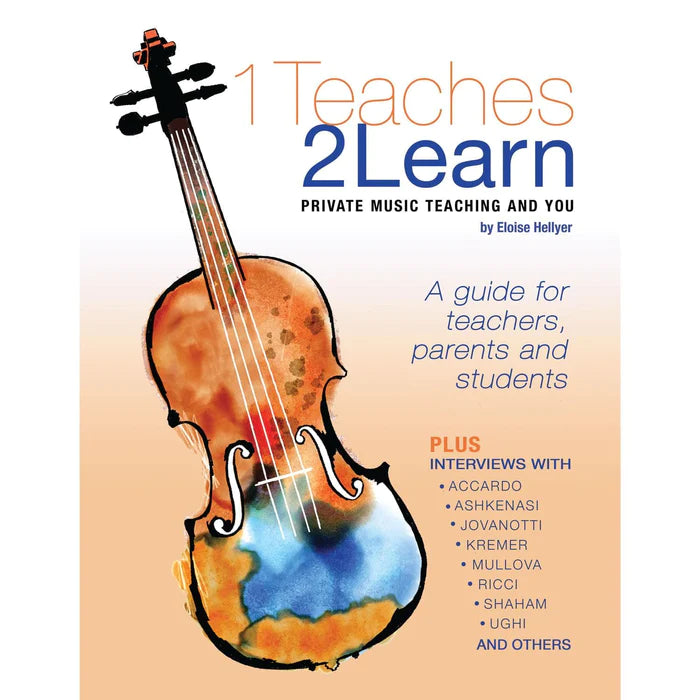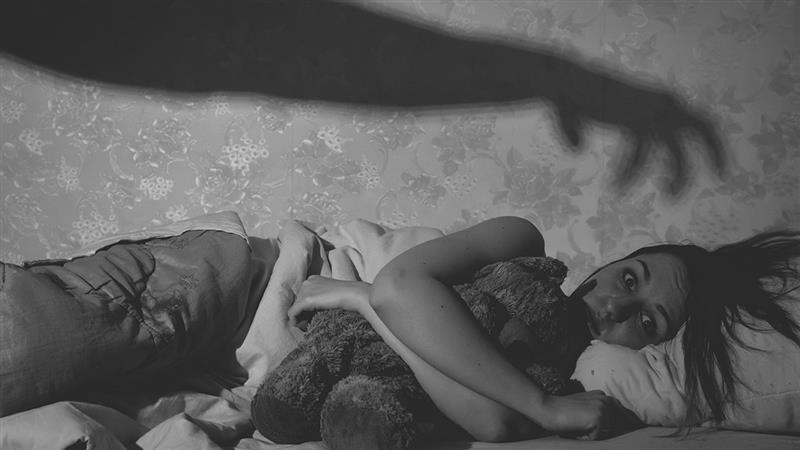Jerod Impichchaachaaha' Tate is a classical composer, citizen of the Chickasaw Nation in Oklahoma, and is dedicated to the development of American Indian classical composition. The Washington Post selected him as one of “22 for ’22: Composers and performers to watch this year” and raved about his rare ability to “effectively infuse classical music with American Indian nationalism.” His commissioned works have been performed by the National Symphony Orchestra, San Francisco Symphony, Dallas Symphony, Detroit Symphony, Minnesota Orchestra, Buffalo Philharmonic, Oklahoma City Philharmonic, Colorado Ballet, and many more.
Tate was appointed a 2022 Chickasaw Hall of Fame inductee, 2021 Cultural Ambassador for the U.S. Department of State, and is a governor-appointed Creativity Ambassador for the State of Oklahoma. He won an Emmy for his work on the Oklahoma Educational Television Authority documentary, The Science of Composing, and his music was featured on the HBO series Westworld. Tate served as Guest Composer, conductor, and pianist for San Francisco Symphony’s Currents Program, and was a Guest Composer for Metropolitan Museum of Art’s program Home with ETHEL and Friends.
Tate’s middle name, Impichchaachaaha', means “his high corncrib” and is his inherited traditional Chickasaw house name. Learn more at www.jerodtate.com.
Shar Music’s own Shruthi Kattumenu sat down for an in-person interview with Jerod to discuss his career, aspirations, and moments of pride he celebrates as a Native American musician and composer.
Below, edited for length and clarity, is their conversation; you can also watch the full video to get the complete Unvarnished Interview!
Shruthi Kattumenu: What led you to the path of becoming a composer?
Jerod Tate: My father Charles is Chickasaw Indian from Oklahoma and he was a professional lawyer and tribal judge … and Dad is also a phenomenal classically trained pianist and baritone. My mother Patricia is Manx-Irish and a professional choreographer and dancer and they both met here in Oklahoma … between the two of them I grew up in an enormous amount of American musical theatre and opera and dance … I listened to ballet score, modern dance and along with that came a lot of modern music.
From my father I was exposed to an enormous amount of north American Indian traditional music [but because of him] I wanted to learn the piano. When I was eight-years-old, I started taking lessons and within three months I had announced to my family that I was to be a concert pianist [laughs]. I was very serious about it.
My mother taught [as a choreographer] at the University of Wyoming and was creating a “cowboy and Indian ballet” about Ella Watson and then she wanted to do a ballet based on American Indian stories from the Northern Plains and Rockies, and she turned to me and said “you are my Chickasaw pianist, you can compose a new ballet score for me.”
My mother in a really beautiful and innocent way was asking me to be all of who I am. To focus on my American Indian heritage as a classical musician. And this was a once in a lifetime opportunity. We embarked on a brand-new project, a ballet score entitled “Winter Moons.” I just released it last year, and you can listen to it on Spotify.
After that my whole world was turned upside down … I had so much positive and encouraging input from both my native community and the classical community saying “Jerod you gotta do this.” And I already had a hero in my life named Louis Ballard, who was a Quapaw/Cherokee symphonic composer from Oklahoma, and I talked to him about it … and I returned to Cleveland to add composition to my degree.
SK: How do you integrate aspects of American Indian culture into the structure of classical music?
JT: With a great deal of joy, and fun, and adventure. There are so many examples of people who do that in other genres for instance … Sterlin Harjo is a Muscogee [director] from Oklahoma and he [writes, directs and produces] Reservation Dogs for [Hulu]. He is expressing his American Indian identity in film.
And film is a fine art that is very western-based, but it is one of the most inclusive human inventions ever. [Fine art] actually asks us to bring our personal identity within a certain discipline … 3000 years ago, all of our people from our cultures were doing the same things when they were inventing new songs, new rhythms, new artwork—everyone was constantly making modern art at that time, so we are actually just being modern artists like our ancestors were.
SK: Your music has been featured in HBO’s Westworld as the soundtrack for episodes featuring American Indian characters. Can you tell us what that process is like working with these big name studios and how do you make sure your story is told respectfully?
JT: It was a really cool process and a process I am not familiar with, since I don’t work in the commercial field … They were really specific—"these are the works of yours we want to sample” and then they created a score based upon [my] works. So they used the samples and created a whole soundtrack for the episode[s]. That is the type of collaborative process that takes place in commercial music that I got to learn for the first time and fortunately I was able hear it and give them thumbs up. But to be honest with you, I have a general trust of my fellow musicians around the world because I just assume that we’re all on the same team, and I give them that trust … I am really excited to hear what you do with this work.
What ends up happening is now [the filmmakers] end up learning what a Chickasaw snake dance is in the process, and now they have that melody in their head and they’ve learned that about a different culture that they would not have expected.
SK: What are the challenges of composing your own culture’s mythology into classical music that can be universally appreciated by any audience?
JT: The biggest challenge is the examples that have been set through history. There have been many other artists and composers that have done what I’m doing very successfully and with high integrity. The bar is very high so I feel artistic pressure –I mean that in a positive way—so the challenge for me is to constantly be checking myself: “Am I doing the very best that I can do?” And comparing myself to artists who are alive now and artists throughout history.
SK: You hold yourself to a high standard and rightfully so; What is something that you have been most proud of in your career so far?
JT: [laughs] My son! In my entire life, my biggest source of joy and pride is my nine-year-old son, Heloha Tate. His name is our Chickasaw word for thunder, and he does live up to it. His name appears a lot in my works. I believe he’s been speaking to me for decades, even before he arrived on this planet.
SK: Does he do anything music-related?
Yes, my son is very talented. He plays the horn, and has been playing for four years. He is very good at Chickasaw stick ball, he learns our language—he knows our language better than I do. He is also in his fifth year of ballet … and he’s also a great singer, and will be singing with the orchestra at Akron and then at Carnegie Hall this year.
SK: You mentioned that you were going to be conducting a symphony that would be premiering your own work—is this a new experience, to foray into conducting?
I do feel very comfortable conducting my own work. [At Carnegie Hall] It’s significant work of mine entitled “Clans.” It’s about our ancient Chickasaw clans … we will have several members of my tribe coming out to be in traditional regalia. It’s very theatrics. Almost like a Chickasaw Lion King … each clan has their own song and movement. And then they'll follow it up with Beethoven's Ninth Symphony, so I couldn't feel more grateful [laughs].
When I was fifteen-years-old, I couldn't have imagined that I would have the opportunity to work with North American Indians in symphonic and theatric works together, and to create [works] for them to be in. And to collaborate with other members in Indian Country. It's really cool to express our identity in a very theatric and global way like this. To be able to share that with many many people and to enhance their lives and open up their eyes to cultures they haven't been familiar with ... I am so proud and I love this work.

